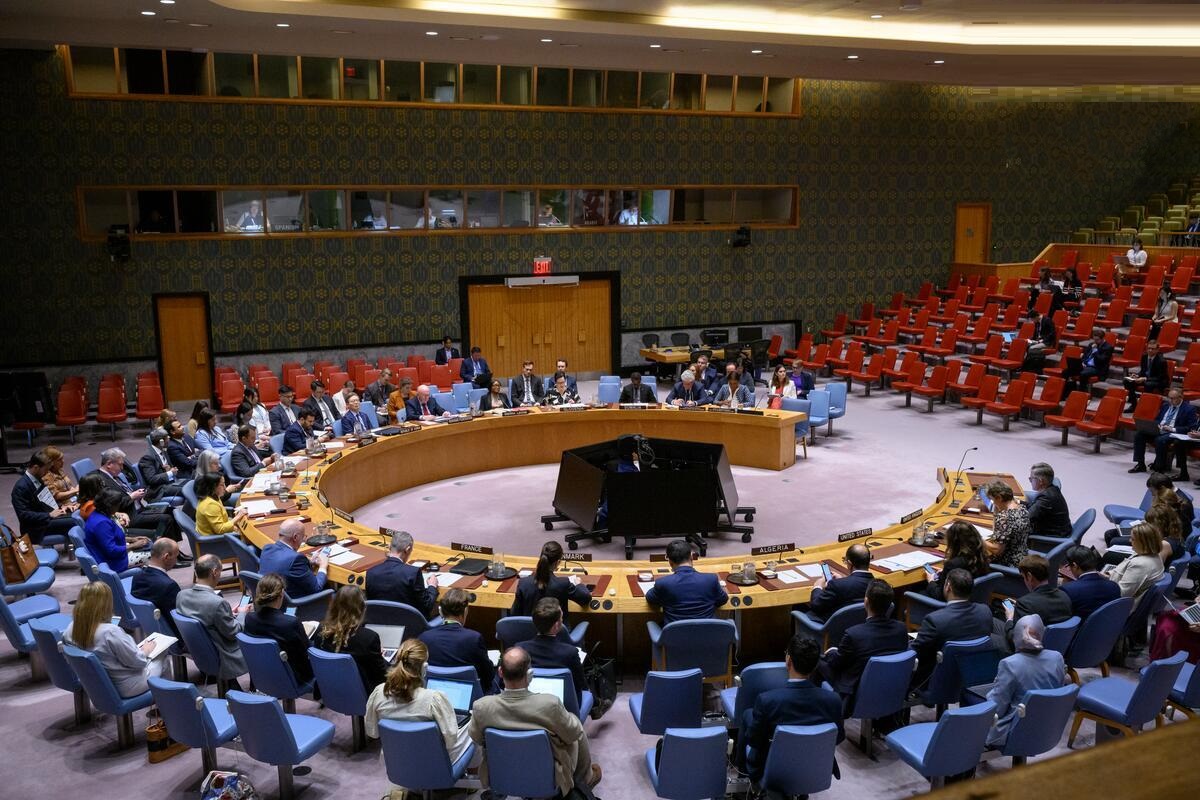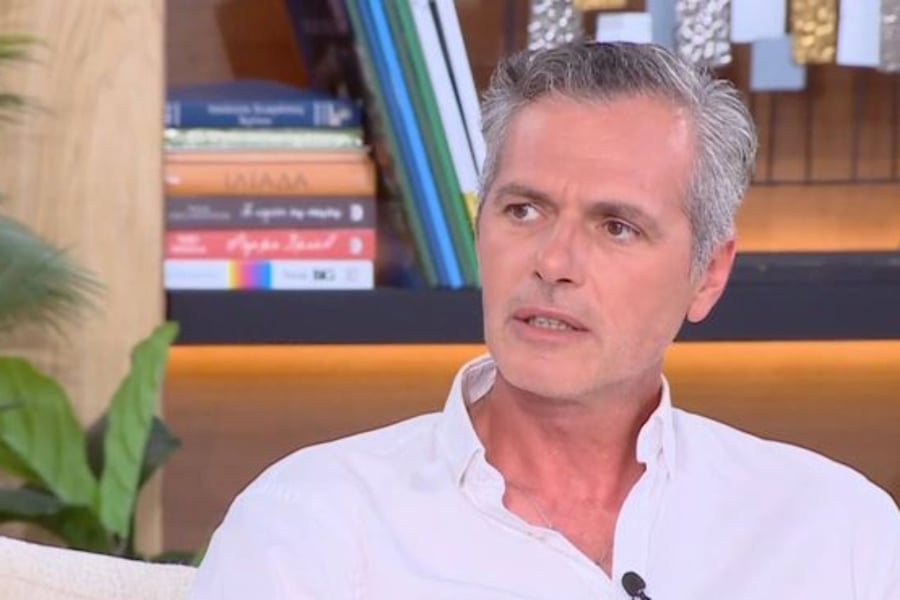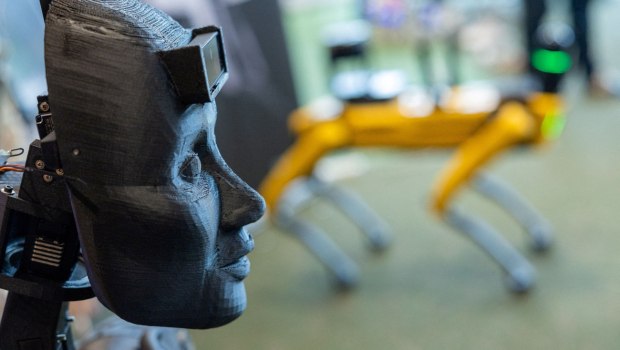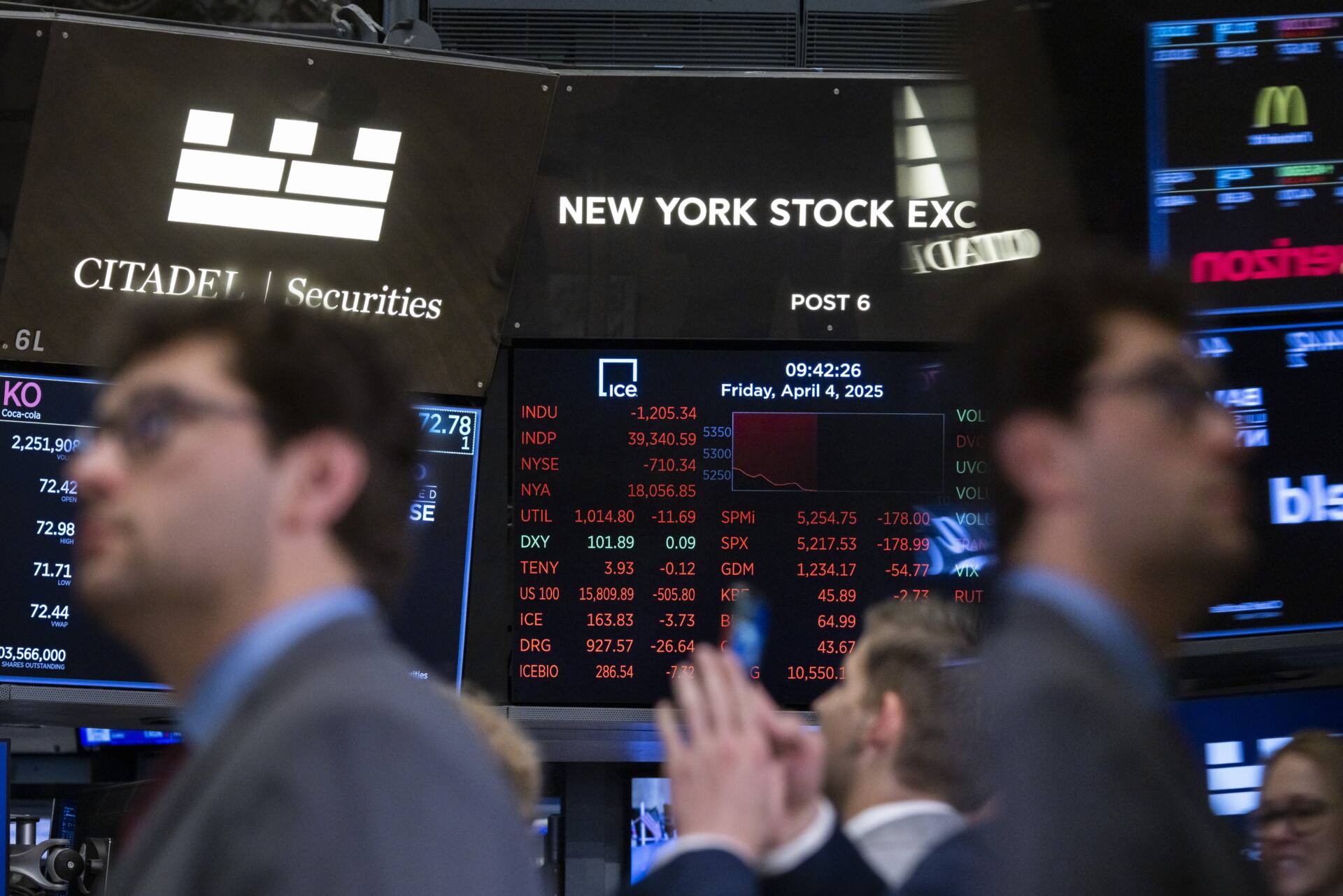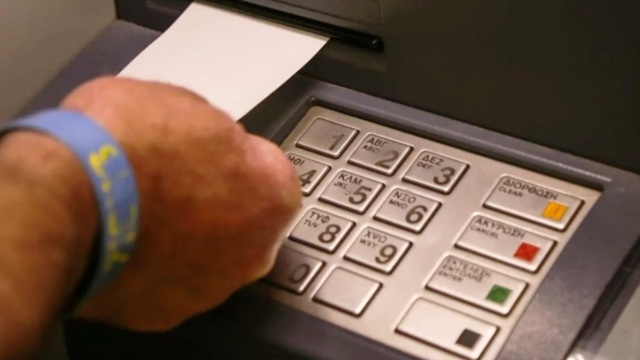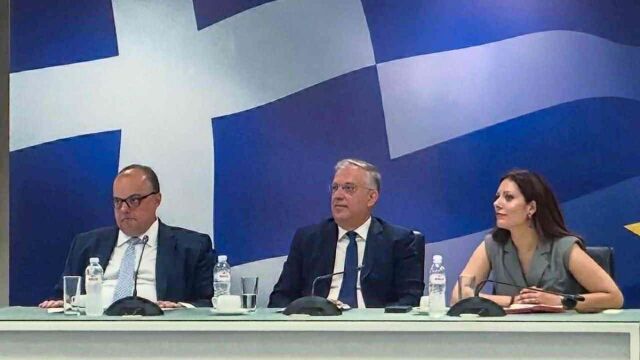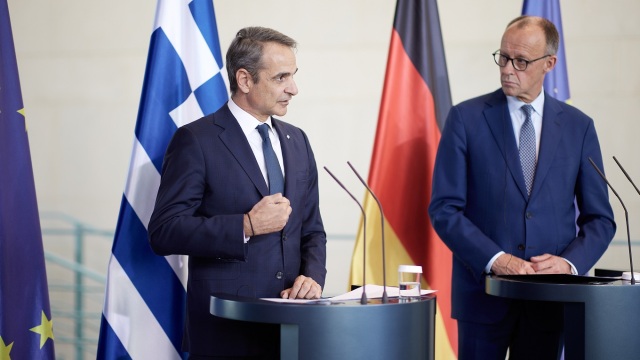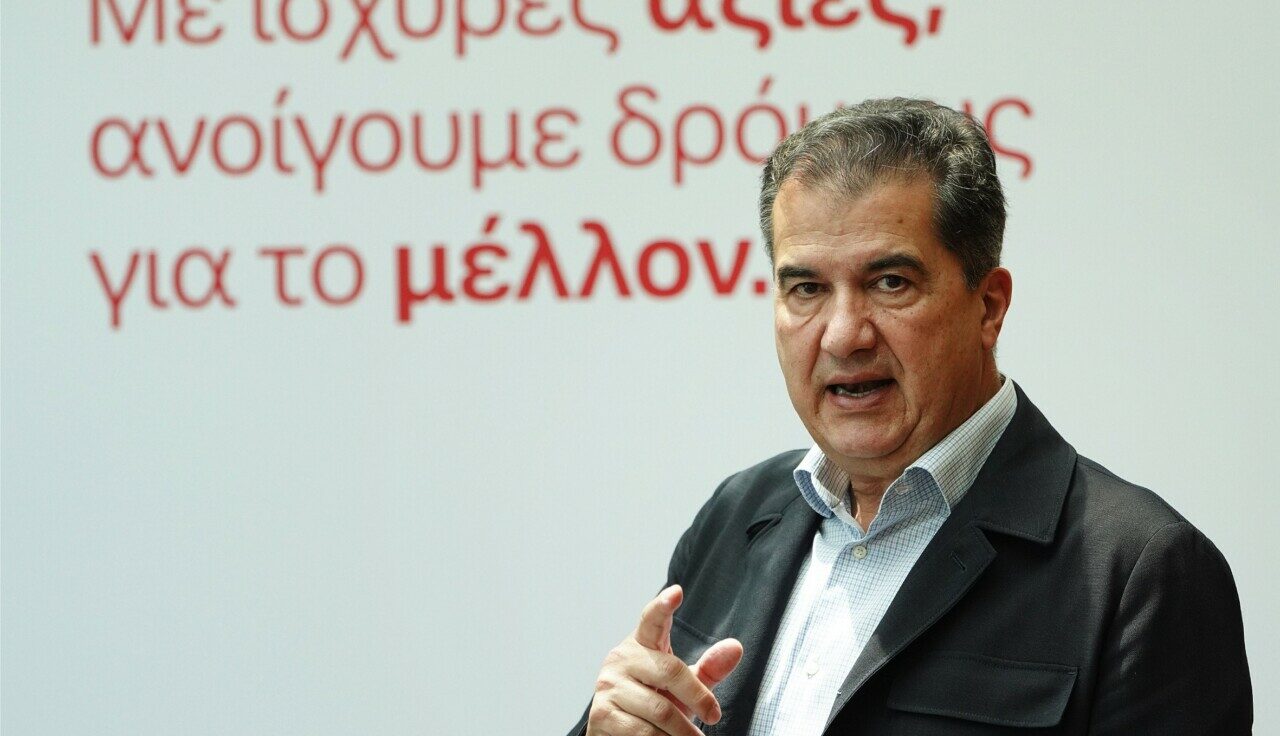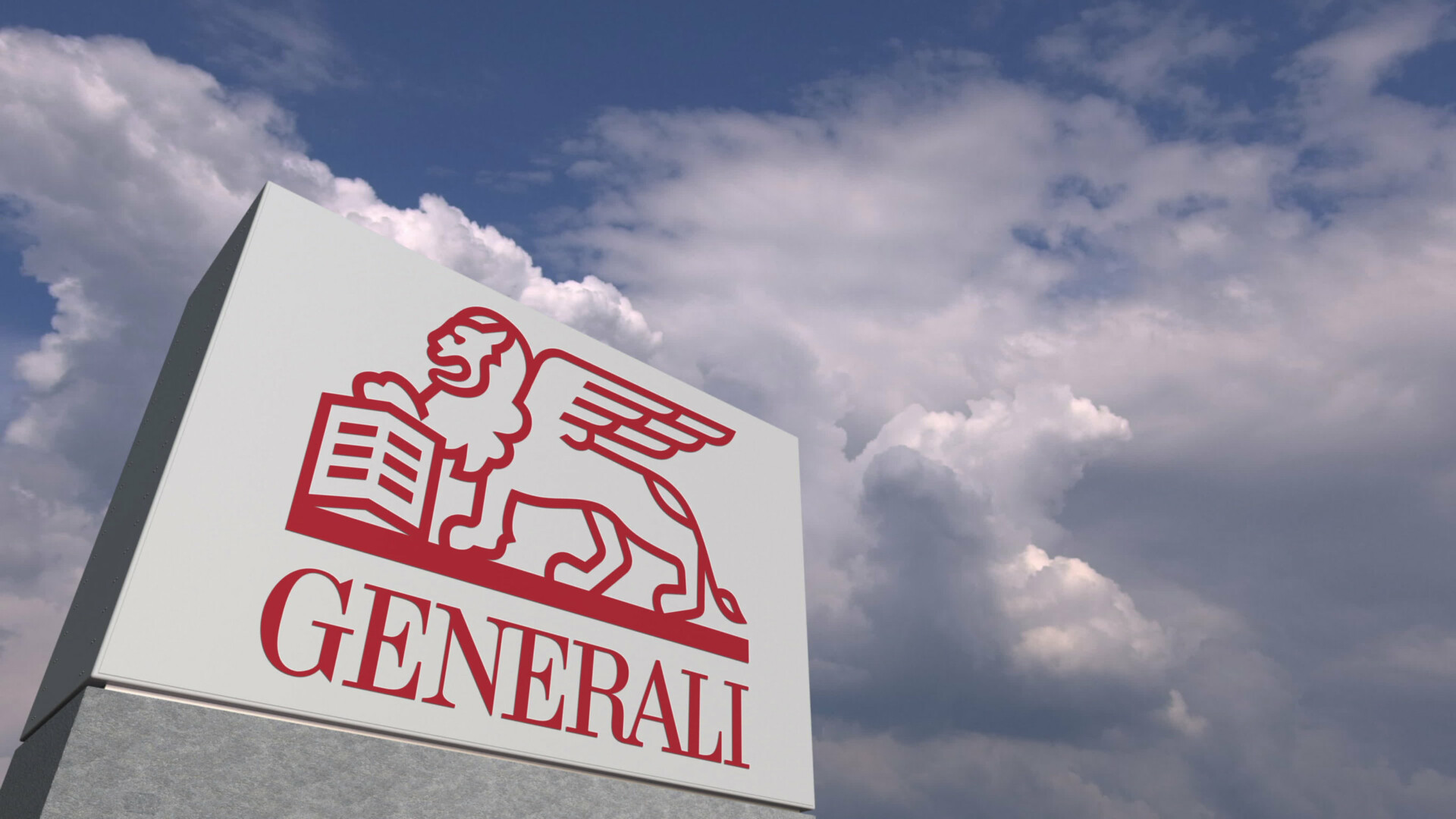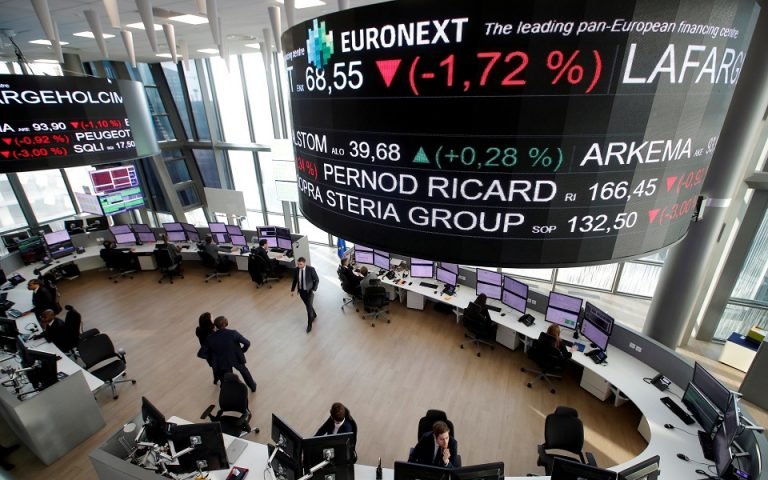Greek Consumers Remain the Most Pessimistic in the EU – 66% Expect Economic Downturn
Greek consumers are now the most pessimistic in the European Union, according to the latest Economic Sentiment Survey by Greece’s Foundation for Economic and Industrial Research (IOBE). The April data revealed a further drop in consumer confidence, with the index falling to -46.8 points from -43.8 in March, highlighting deepening concern over the country's economic trajectory.
This places Greece well ahead of other EU nations in terms of pessimism, with Estonia and Slovenia trailing behind at -36.7 and -29.3, respectively. The Greek public's outlook on both personal finances and the broader economy has significantly deteriorated, with indicators across the board reflecting growing anxiety and hardship.
Households are particularly concerned about their financial situation. Assessments of personal finances over the past year fell to -46.4 points, while expectations for the coming year dropped to -43.4. Roughly 62% of respondents believe their financial situation has worsened over the last 12 months, and 58% expect it to decline further. Only a small fraction—just 5% to 6%—foresee any improvement.
The outlook for the national economy is even more grim. The index for expectations regarding the overall Greek economy tumbled to -49.5. A striking 66% of those surveyed anticipate further deterioration, while only 21% expect the situation to remain stable. This bleak sentiment is also reflected in consumer behavior. Intentions to make major purchases such as household appliances or furniture declined further, with the index falling to -47.8 points. Additionally, the willingness or ability to save reached an exceptionally low point at -67.2, suggesting that 85% of households do not expect to be able to set aside any savings over the next year.
Despite a slight decrease in fears about rising unemployment—the unemployment expectations index dipped from +12.0 to +10.5—concerns about job security remain strong. At the same time, expectations for inflation have intensified. The index tracking anticipated price increases climbed to +34.3, with 64% of consumers believing that prices will continue to rise at the same or an even faster pace.
Living conditions remain tight for most households. Sixty-one percent report they are just managing to make ends meet, while 11% have been forced to draw from their savings, and 8% now say they are in debt—up from 6% the previous month. Uncertainty about the future is growing, with nearly 60% of respondents saying they cannot predict their economic situation with any confidence.
While there was a slight improvement in the intention to buy or build a home, and a modest uptick in home renovation plans, these indicators remain deeply negative overall, suggesting that for many Greek consumers, financial caution continues to override long-term planning.
Content Original Link:
" target="_blank">












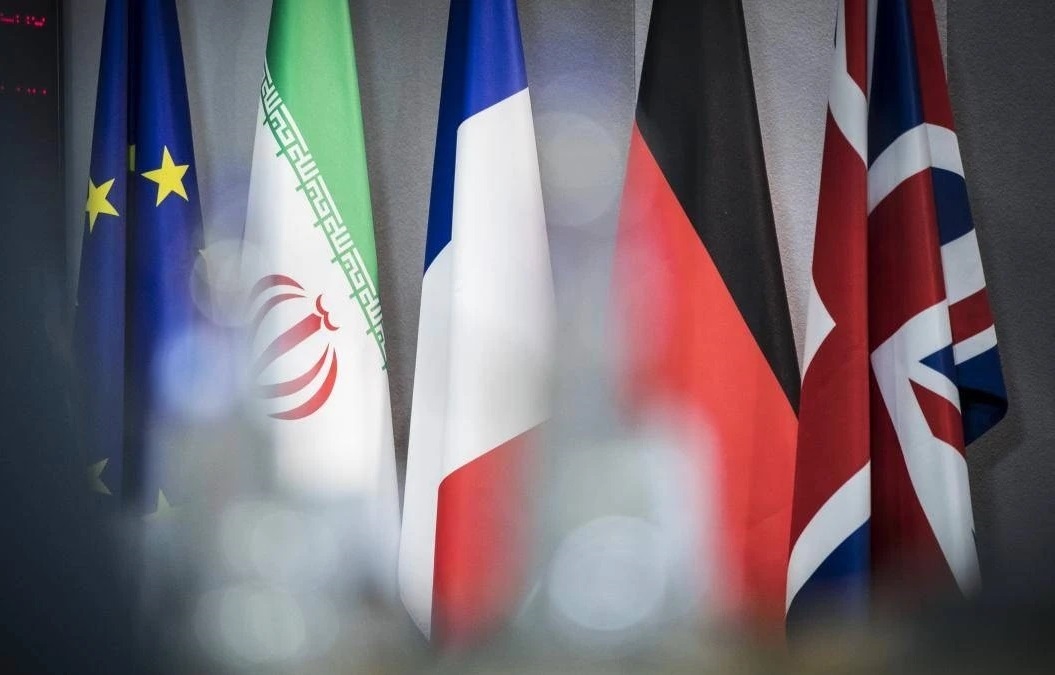
![Άκρως Ζωδιακό: Τα Do’s και Don’ts στα ζώδια σήμερα [Σάββατο 21.06.2025]](https://www.ingr.gr/images/joomgrabber/2025-06/2b4830f51e.jpeg)
